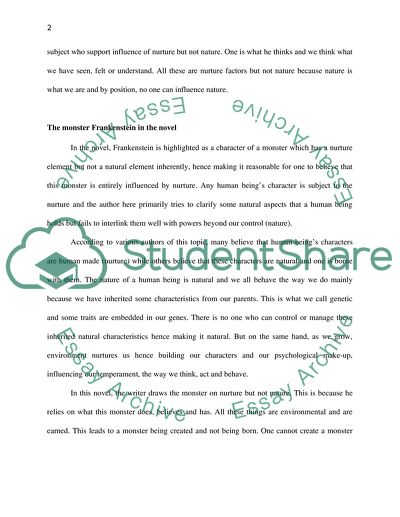Cite this document
(“Arguments of the Novel Frankentein by Mary Shelley Research Paper”, n.d.)
Arguments of the Novel Frankentein by Mary Shelley Research Paper. Retrieved from https://studentshare.org/literature/1619748-arguments-of-the-novel-frankentein-by-mary-shelley
Arguments of the Novel Frankentein by Mary Shelley Research Paper. Retrieved from https://studentshare.org/literature/1619748-arguments-of-the-novel-frankentein-by-mary-shelley
(Arguments of the Novel Frankentein by Mary Shelley Research Paper)
Arguments of the Novel Frankentein by Mary Shelley Research Paper. https://studentshare.org/literature/1619748-arguments-of-the-novel-frankentein-by-mary-shelley.
Arguments of the Novel Frankentein by Mary Shelley Research Paper. https://studentshare.org/literature/1619748-arguments-of-the-novel-frankentein-by-mary-shelley.
“Arguments of the Novel Frankentein by Mary Shelley Research Paper”, n.d. https://studentshare.org/literature/1619748-arguments-of-the-novel-frankentein-by-mary-shelley.


